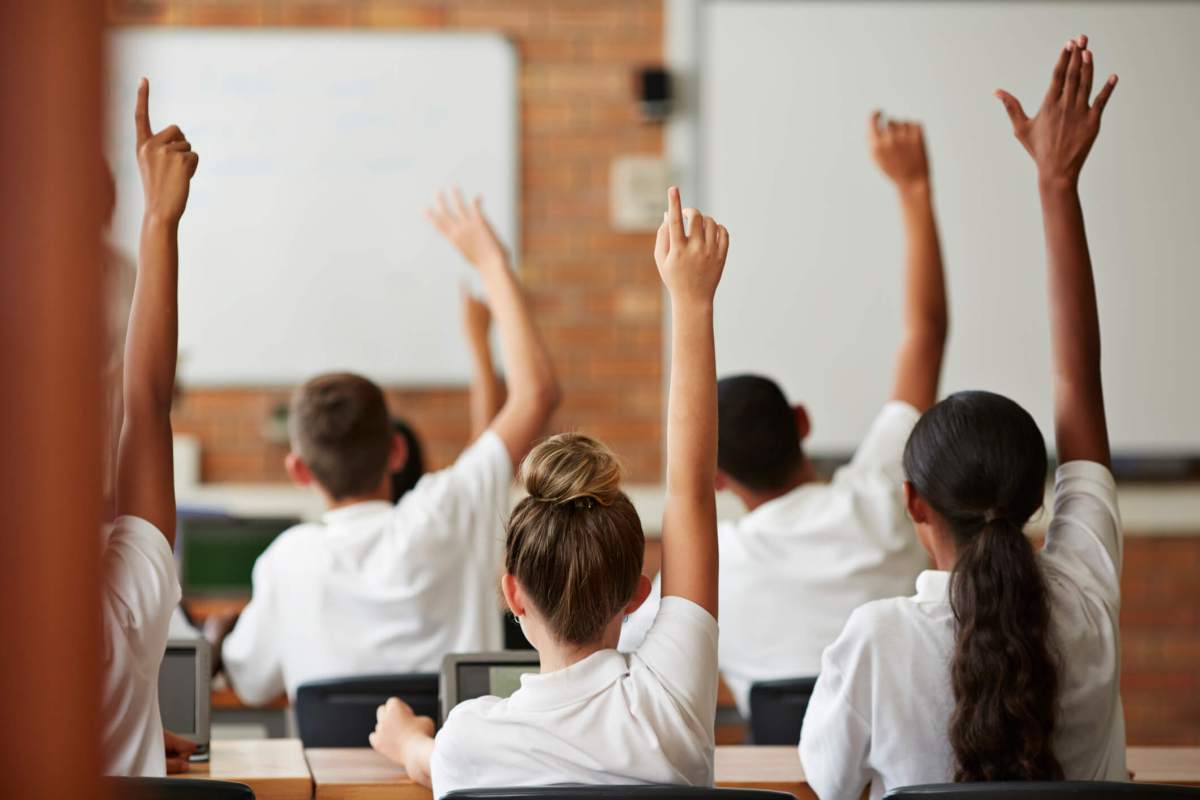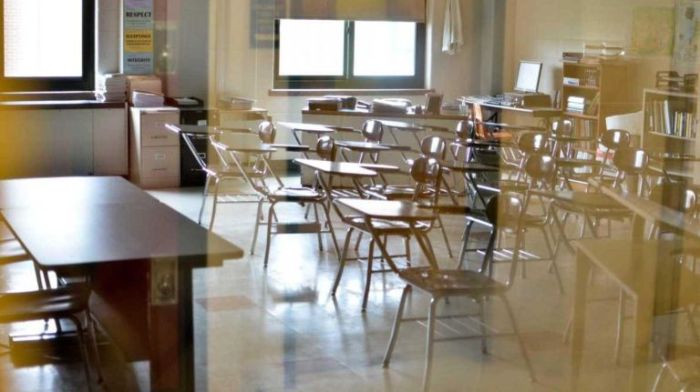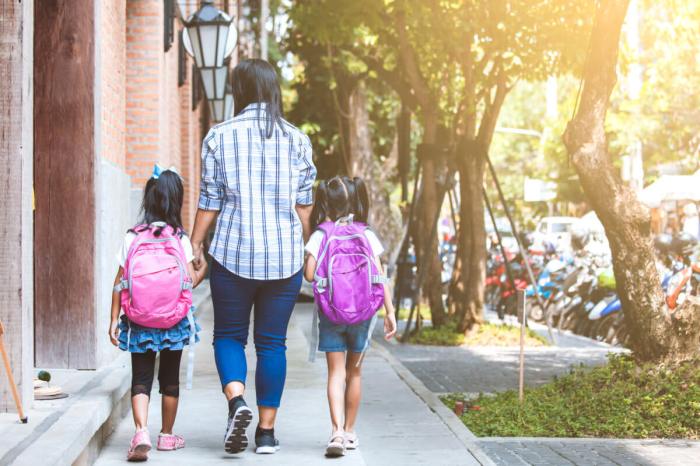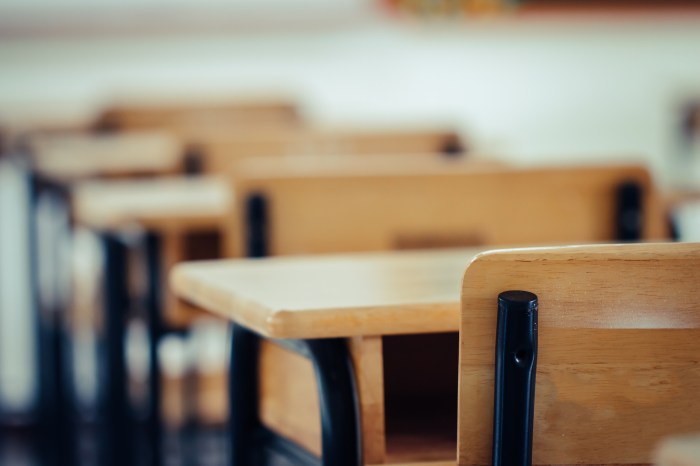Nina, a nine-year-old special education student in Queens whose family speaks Spanish at home, struggled to keep up in school during remote learning. Her English-only instruction made it nearly impossible to learn and she grew frustrated and stopped participating in her classes. Now back in person, her school continued to deny her language and academic supports, causing her to fall further behind on assignments and disengage.
Similarly, John, an eight-year-old student in Queens, struggled to stay afloat in school during remote learning without a working computer or consistent internet access. He fell further and further behind without consistent digital support, which also meant he was unable to receive speech therapy. Even when he returned to school, he was still denied the support he needed in the classroom.
Access to education in New York City is not a privilege. It is a fundamental human and legal right. Despite the NYC Department of Education’s attempts to address the academic and emotions setbacks of Covid-19 and remote learning, including its Summer Rising program which was only available to select few and other half-hearted recovery programs that lacked infrastructure, schools are still failing to provide the kind of help that makes a difference — help like one-on-one tutoring, mental health support, specialized learning programs, language access support, and other supportive resources.
But it’s not too late. With New York City’s June budget deadline fast approaching, there is a real opportunity for the City, as the nation’s largest school system, to lead the way for school systems across the country by investing in the advocacy and support services students need to heal and learn.
As a former organizer/activist now Council Member and as a practicing education attorney, we have seen the devastating impact of COVID-19 on NYC students, especially vulnerable students from low-income and communities of color, students with disabilities, and English Language Learners (ELLs).
Studies show that, on average, students of color have been disproportionately set back academically five to nine months during the pandemic, in part due to long standing systemic inequities affecting students of color, especially Black students, and the growing digital divide, including the lack of access to working technology and internet services that prevented students from learning during remote instruction.
And for those students for whom English is not their first language (roughly 42% of all NYC public school students), there is the added barrier of inadequate language supports for them, and their parents, that makes navigating the school system that much harder.
Health experts also point out that children in the US are experiencing a full-on mental health crisis right now. Many students who were previously struggling with anxiety and depression before the pandemic are in the throes of a mental health crisis because of the traumatic impact of Covid-19.
If New York City is serious about helping students bridge the COVID-19 gap, it must invest in community and legal advocacy groups fighting to get students the academic and socio-emotional supports they need to help them catch up.
Advocacy groups like the Education Rights Project at Legal Services NYC (LSNYC) have been on the frontlines helping students recover academically and emotionally from Covid-19, fiercely advocating for their human right to an education, including disability accommodations and rights, language access, and system-wide changes to learning and discipline methods.
For example, LSNYC helped Nina, the Spanish-speaking student mentioned earlier, get placed in a more appropriate classroom setting with increased English language learner support, something she would not have obtained without an experienced education advocate. They also helped John by advocating to secure make up services like private tutoring, speech therapy and education evaluations to better assesses his needs going forward.
LSNYC has also helped many other students get the academic and emotional services they need to meet their potential, including appropriate services from an individualized educational program (IEP) for a student with a disability; academic supports including tutoring, related services such as speech, occupational therapy, and counseling; school transfers; transportation services; and so much more. LSNYC is also working with the DOE to implement a citywide healing-centered approach to education and discipline to improve school climate and have NYC schools become more trauma sensitive.
New York City can also lead the way for other school districts by investing in lasting structures that target those students who have fallen furthest behind (low-income students, students of color, and students with disabilities), including increased individualized academic services, after-school acceleration programs, increased mental health resources and more community-led programs like the “Family Healing Ambassadors” program to address the impact of trauma on the whole school community.
NYC can also dedicate additional resources for immigrant families to ensure they have timely and competent interpretation and translation services as well as training on digital literacy to help families who are struggling to navigate the system.
As Chair of the Human and Civil Rights Committee and as an advocate, it is critical that all children in New York City receive an equitable education and granted the support they need to learn. We have a responsibility to provide students with the tools they need to succeed in life, and we have an obligation to ensure that each student has access to the resources necessary for success.
New York City must make good on its promise to provide this most basic human right: an education for all students, including our most vulnerable. Our children’s futures are far too important not to invest in these changes.
Nantasha Williams is the representative for Council District 27 in Southeast Queens and the Chair of its Civil and Human Right Committee. Amy Leipziger is a senior staff attorney in the education unit of Queens Legal Services NYC.






































